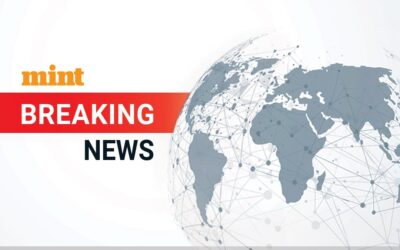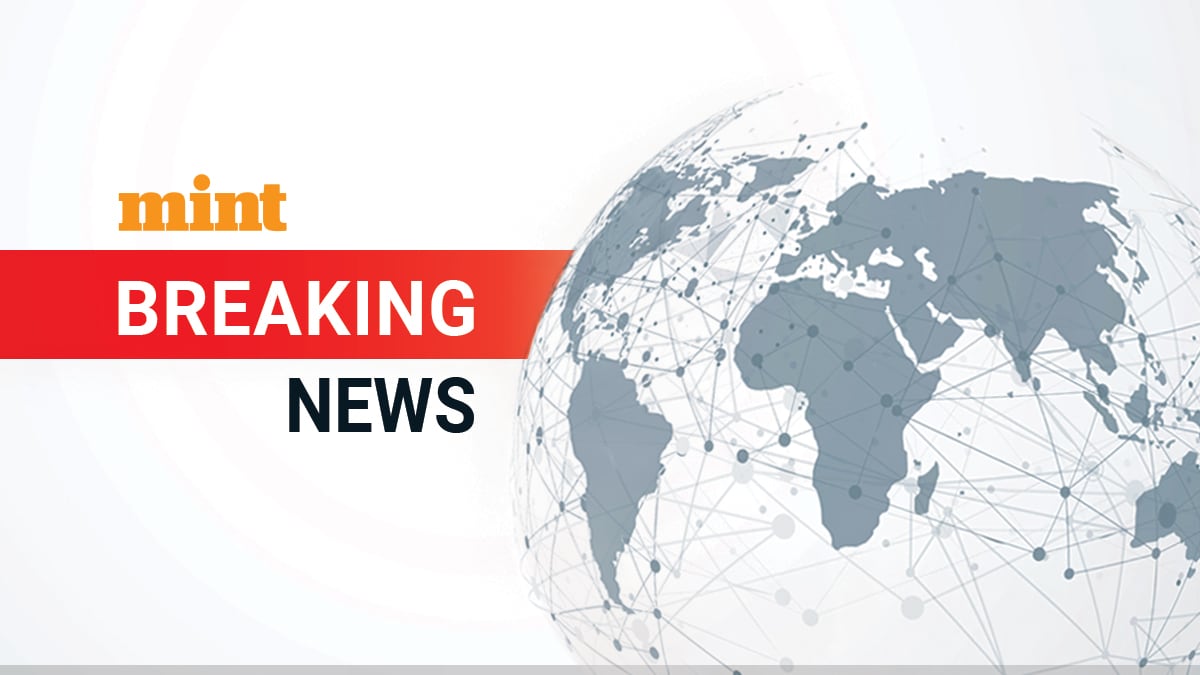Why the world is cracking down on social media access for minors

Last week, New York introduced regulations to restrict addictive social media feeds for minors, enforcing the Stop Addictive Feeds Exploitation (SAFE) for Kids Act, which was passed last year. The act bans social media platforms from showing algorithm-driven, personalized feeds to users under 18, unless they have parental consent.
And it’s not just New York, governments around the world, including India, are rapidly moving to regulate how minors engage with social media, citing growing concerns around mental health, online safety, and data privacy. Mint breaks down what’s fueling this global push and what the proposed rules involve.
What’s the case for regulating minors’ social media access?
In late 2024, media reports revealed that a US court document alleged TikTok, a popular social media platform, was aware of the risks of compulsive platform usage among adolescents. Multiple studies, including some commissioned by national governments, have linked adolescent social media use to increased threats to well-being, including effects on mental health.
Minors are especially vulnerable to harmful or offensive content, cyberbullying, and poorly regulated online marketing. In response, governments around the world are pushing for stricter regulations on minors’ access to social media. By introducing rules and restrictions, policymakers aim to create a safer digital environment for young users.
Which countries are bringing out regulations around this?
From India to New York and Australia, many countries and states worldwide are in the process of implementing regulations to monitor children’s social media use. In late 2024, Australia passed a law restricting social media access for children under 16, which will come into effect in December 2025.
This month, a French parliamentary commission called for a ban on social media use for children under 15 and proposed a nighttime ‘digital curfew’ from 10 pm to 8 am for teenagers aged 15 to 18. Similarly, India and Norway have recently introduced draft rules that propose parental consent and other regulations to control minors’ access to social media.
What’s India’s approach?
The Digital Personal Data Protection (DPDP) Act, 2023, passed in August last year, sets out the framework for digital personal data protection in India. In January 2025, the ministry of electronics and information technology (MeitY) released a draft of the DPDP Rules, 2025 for public consultation, with a notable proposal that children under 18 would face stricter regulations when creating and using social media accounts.
The draft rules were opened for feedback on the MyGov platform until March 2025, when the consultation period officially ended. The government has since collected responses and suggestions on the draft, but the final version of the rules has not yet been formally announced.
What do the rules say?
Most rules across countries focus on parental consent and age verification. India’s draft rules propose that social media and digital intermediaries must obtain verifiable parental or guardian consent before processing children’s personal data. Verifiable consent requires checks such as identity documents or digital identity tokens (like those from DigiLocker). In Australia, new rules ban social media use for children under 16 on major platforms like Facebook, Instagram, Snapchat, TikTok, X and Reddit.
These social media platforms must take reasonable steps to block under-16 accounts by December 10, 2025. South Korea in August passed a bill banning the use of mobile phones and other digital devices in school classrooms. Meanwhile, Norway is considering measures such as national health authority recommendations on screen time, social media and phone use in schools.
Why have these regulations triggered concerns?
Social media regulations for minors have sparked a mix of support and concern across countries. While some view the measures as necessary protections, critics argue that overly restrictive rules could infringe on digital rights, limit free expression and place excessive power in the hands of governments or tech platforms to monitor online activity. In South Korea, for instance, youth organizations have criticized proposed restrictions, calling them discriminatory.
They compared the rules to the controversial “Cinderella laws,” which previously banned children under 16 from online gaming between midnight and 6 am. In India, critics have raised questions on the practicality of enforcing age verification without compromising user privacy and digital autonomy of teenagers.




